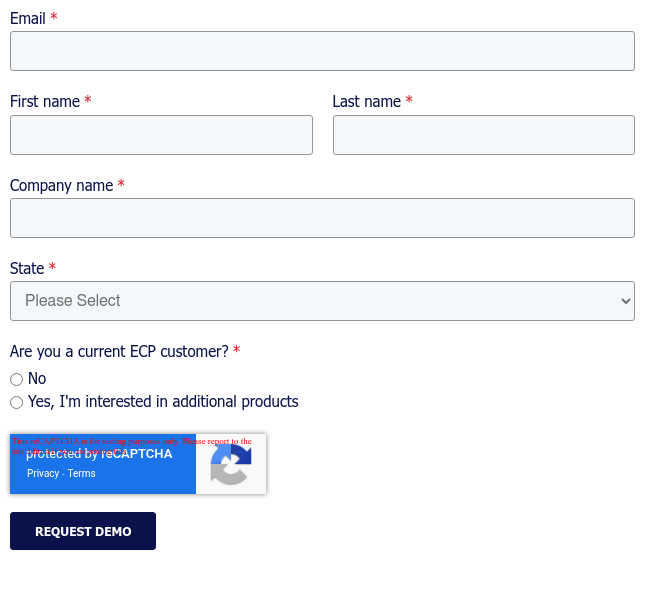9 AAC 10: Navigating Assisted Living Care Levels in Arizona
1. Supervisory Care:
Key Characteristics of Supervisory Care:
- Residents require minimal assistance.
- Focus is on safety and security.
- Limited assistance with ADLs, such as medication management.
- Residents generally do not require assistance with personal care tasks (bathing, dressing, grooming).
2. Personal Care:
Personal Care is a higher level of care compared to supervisory care. It is intended for individuals who need assistance with a wider range of ADLs and may require more personalized attention. Residents at this level often need help with activities like bathing, dressing, grooming, mobility, and managing their medications.
Key Characteristics of Personal Care:
- Residents require assistance with a broader range of ADLs.
- Personalized attention and care plans are essential.
- Assistance with personal care tasks like bathing, dressing, and grooming.
- May include medication management and mobility assistance.
3. Directed Care:
Directed Care is the highest level of care provided in assisted living facilities in Arizona. It is tailored for individuals with more complex medical and personal needs. Residents at this level often have chronic health conditions that require ongoing monitoring, medical management, and specialized care. Directed Care may also include assistance with cognitive impairments such as Alzheimer's or dementia.
Key Characteristics of Directed Care:
- Residents have complex medical and personal needs.
- Extensive assistance with ADLs and personal care tasks.
- Specialized care plans and medical supervision are crucial.
- May involve care for residents with cognitive impairments.
Choosing the Right Level of Care for Your Facility:
As you plan your assisted living facility, it's crucial to align your offerings with the specific needs of your target residents. Consider factors such as your facility's resources, staffing capabilities, and the local demand for each level of care. Offering a mix of care options can attract a diverse range of residents and ensure that you're equipped to meet their needs effectively.
Additionally, compliance with Arizona Administrative Code (AAC), Title 9, Chapter 10 is paramount. Each level of care comes with its own set of regulations, staffing ratios, and training requirements. Ensuring that your facility is in compliance will not only provide quality care but also maintain the safety and well-being of your residents.
See how ECP can improve care in your assisted living community by requesting a personalized demo below.
Note - The information provided on this website does not, and is not intended to, constitute legal advice; instead, all information, content, and materials available on this site are for general informational purposes only. ECP makes no warranties as to the accuracy of this content and does not commit to updating it as regulations change. Readers of this website should contact their attorney to obtain advice with respect to any particular legal or compliance matter.


